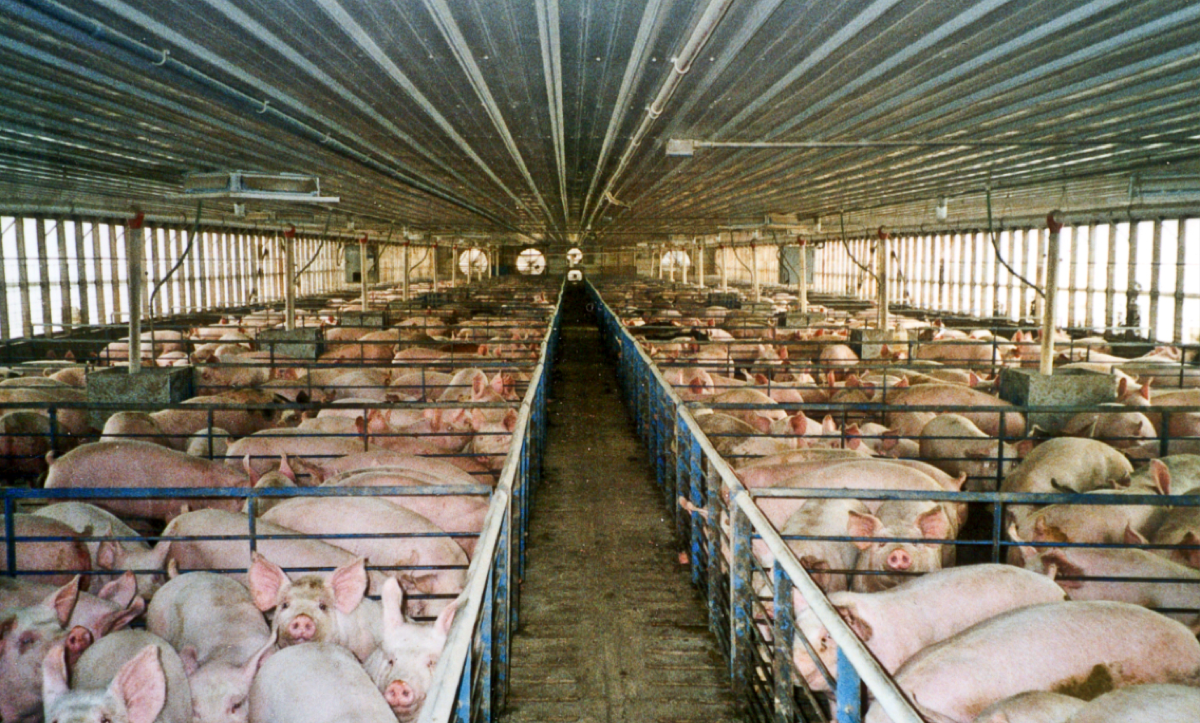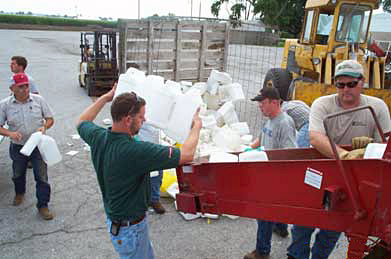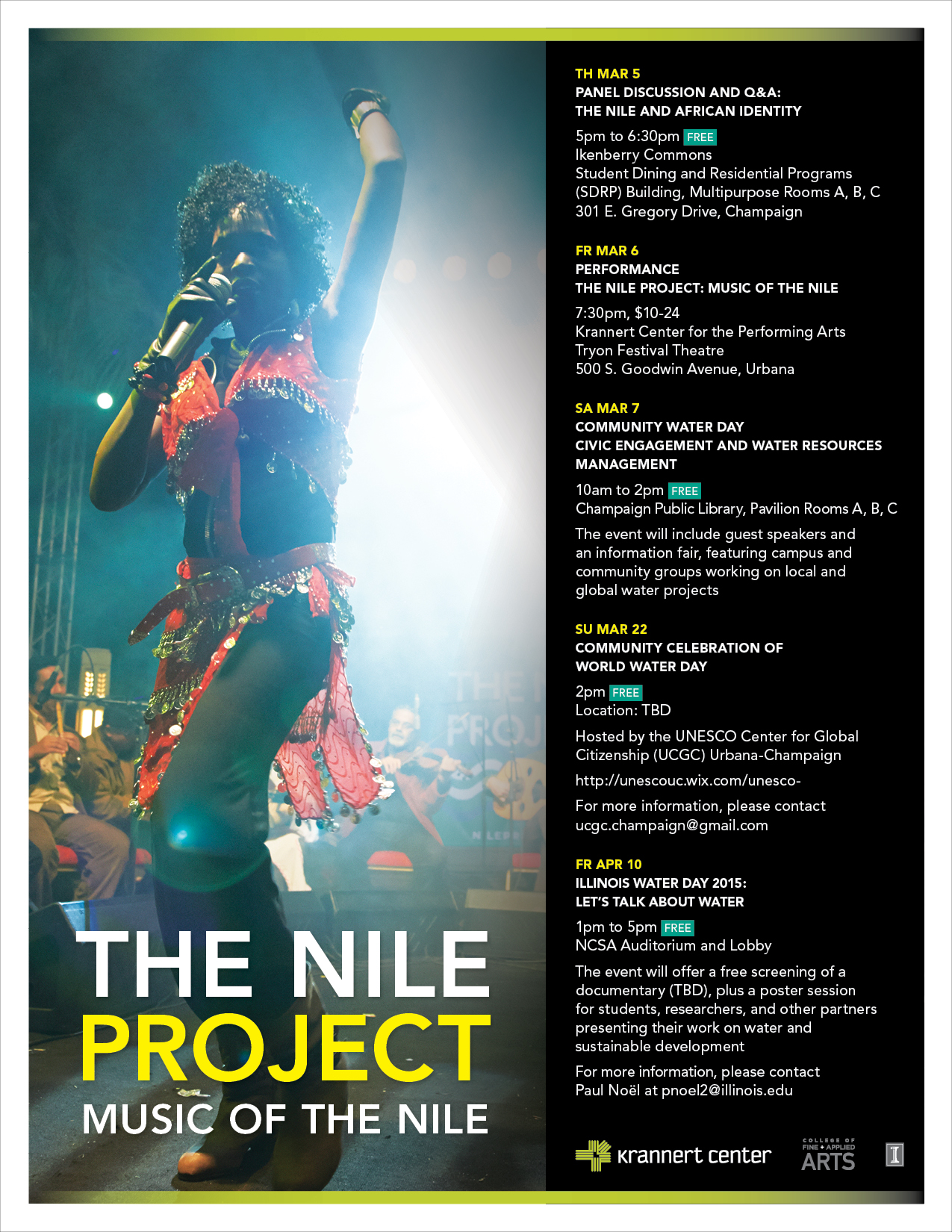 Want to learn more about latest research on emerging contaminants in the environment? Come check out the Pharmaceutical and Personal Care Products (PPCPs) in the Environment Conference hosted by the Illinois Sustainable Technology Center (ISTC), in conjunction with Illinois-Indiana Sea Grant (IISG), which will be held on April 4, 2016, in Champaign, IL. Funding for the conference is provided through a grant from University of Illinois Extension.
Want to learn more about latest research on emerging contaminants in the environment? Come check out the Pharmaceutical and Personal Care Products (PPCPs) in the Environment Conference hosted by the Illinois Sustainable Technology Center (ISTC), in conjunction with Illinois-Indiana Sea Grant (IISG), which will be held on April 4, 2016, in Champaign, IL. Funding for the conference is provided through a grant from University of Illinois Extension.
The conference will feature presentations and posters on the latest in PPCP research and education as well as plenty of opportunities for discussion with those interested in all aspects of PPCPs in the environment.
ISTC and IISG encourage researchers, teachers, businesses, local and state government, environmental groups, and members of the general public to attend this conference. Registration will open on Feb. 8, 2016. The regular registration fee will be $40 and student registration will be $20 for the one-day event which includes lunch.
The call for abstracts is now open:
Meet the Keynote Speakers
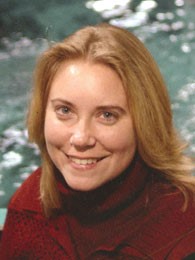 Rebecca Klaper is professor and director of the Great Lakes Genomics Center in the School of Freshwater Sciences at the University of Wisconsin-Milwaukee. Her research is examining the impact of various emerging contaminants (e.g., nanomaterials, pharmaceuticals) as well as natural stressors on freshwater organisms. Her lab is using genomic data as a tool to investigate the impacts of these various potential stressors and to develop biomarkers of exposure and effect to be used as tools for ecological risk assessment. One of the goals of her research is to determine which chemicals may cause environmental damage and how we might change either our design, use, or treatment of chemicals to make them more environmentally sustainable. She received her B.S. degree in biology (honors) from the University of Illinois at Urbana-Champaign, M.S. in entomology from the University of Georgia, and her PhD in ecology from the University of Georgia.
Rebecca Klaper is professor and director of the Great Lakes Genomics Center in the School of Freshwater Sciences at the University of Wisconsin-Milwaukee. Her research is examining the impact of various emerging contaminants (e.g., nanomaterials, pharmaceuticals) as well as natural stressors on freshwater organisms. Her lab is using genomic data as a tool to investigate the impacts of these various potential stressors and to develop biomarkers of exposure and effect to be used as tools for ecological risk assessment. One of the goals of her research is to determine which chemicals may cause environmental damage and how we might change either our design, use, or treatment of chemicals to make them more environmentally sustainable. She received her B.S. degree in biology (honors) from the University of Illinois at Urbana-Champaign, M.S. in entomology from the University of Georgia, and her PhD in ecology from the University of Georgia.
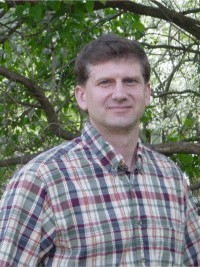 Dana Kolpin is a research hydrologist for the U.S. Geological Survey in Iowa City, Iowa, and has been the project chief of the USGS Toxic Program’s Emerging Contaminants Project since its inception in 1998. His research interests include the fate and transport of pharmaceuticals, hormones, and other emerging contaminants in the environment. He has published over 100 papers and reports on environmental contaminants. He received his B.S. degree from Iowa State University and his M.S. from the University of Iowa, both in geology.
Dana Kolpin is a research hydrologist for the U.S. Geological Survey in Iowa City, Iowa, and has been the project chief of the USGS Toxic Program’s Emerging Contaminants Project since its inception in 1998. His research interests include the fate and transport of pharmaceuticals, hormones, and other emerging contaminants in the environment. He has published over 100 papers and reports on environmental contaminants. He received his B.S. degree from Iowa State University and his M.S. from the University of Iowa, both in geology.
Additional keynote speakers will be announced soon!



 ISTC will be at Urbana’s Market at the Square in the community groups section discussing proper medicine disposal and our research on
ISTC will be at Urbana’s Market at the Square in the community groups section discussing proper medicine disposal and our research on  ISTC will participate next week in the U of I’s Institute for Sustainability, Energy, and Environment (iSEE) second annual international conference titled “Water Planet, Water Crises? Meeting the World’s Water-Food-Energy Needs Sustainably”. The
ISTC will participate next week in the U of I’s Institute for Sustainability, Energy, and Environment (iSEE) second annual international conference titled “Water Planet, Water Crises? Meeting the World’s Water-Food-Energy Needs Sustainably”. The  Have you ever wondered what happens to your medicine, face cream, or shampoo after you use them? The human body absorbs some of these pharmaceuticals and personal care products (PPCPs), but not all. What goes unused after we use the toilet or take a shower ends up in the sewer. Leaky sewer systems and heavy rains can speed up the transport time of PPCPs from the bathroom to lakes and streams. The recent article “
Have you ever wondered what happens to your medicine, face cream, or shampoo after you use them? The human body absorbs some of these pharmaceuticals and personal care products (PPCPs), but not all. What goes unused after we use the toilet or take a shower ends up in the sewer. Leaky sewer systems and heavy rains can speed up the transport time of PPCPs from the bathroom to lakes and streams. The recent article “